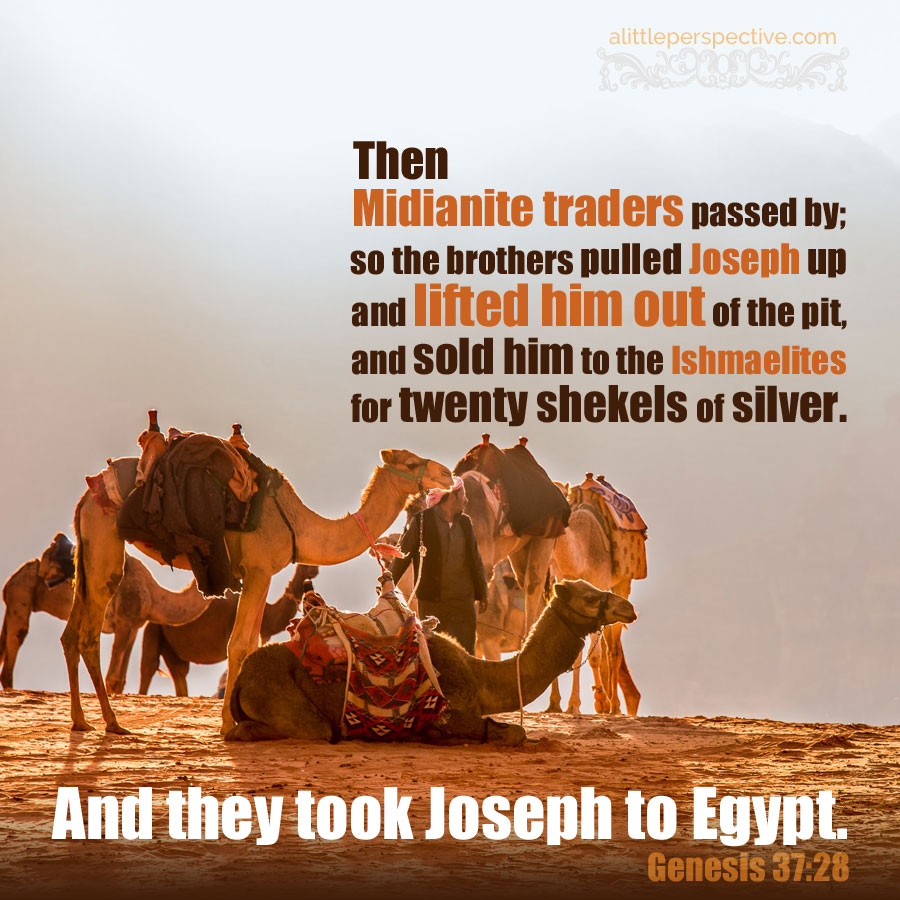Read Genesis 37 at Bible Gateway.
We know that Jacob advanced Joseph over his brothers, first, because the gift of a “coat of many colors”—probably richly embroidered or ornamented in some way—was often a symbol in that time and culture of elevated status. Secondly, Jacob had shifted Joseph from tending sheep alongside his brothers, as a younger son might (1 Sam 16:11), to overseeing them, a role typically reserved for the firstborn. We can infer that Jacob intended to give him the blessing and birthright of the firstborn (as he was Rachel’s firstborn). This is why, after the gift was given, “his brothers saw that their father loved him more than all his brothers” (Gen 37:4), fueling their jealousy.
The birthright and the blessing were Reuben’s by right as Jacob’s firstborn, but he, and Simeon and Levi, had disqualified themselves in their father’s eyes (Gen 35:21–22; Gen 34:25–26). Judah was next in line. Scripture highlights that the natural leadership of the brothers was already passing from Reuben to Judah, for it was Judah’s counsel that the brothers followed. Judah was responsible for Joseph’s sale into slavery.
Why This Matters: That ornate robe elevated Joseph, marking him as the favored son, but oh, how quickly he was brought lower than low—stripped, thrown into a pit, and sold into slavery by his own brothers. It’s enough to make you wonder: has God forgotten him? Joseph’s Learning from the Narrative story teaches us that God’s plans prevail despite evil circumstances. Stay tuned for the dramatic turnaround!
The Hebrew paragraph for this chapter:
37:1-36 {p} Joseph’s advancement and enslavement
If there are questions, these are good resources:
The Joseph Narrative in Archaeology – Associates for Biblical Research
Joseph: Hebrew word study – Brad Scott
Genesis 37:1-36 Chiastic Structure – Christine Miller
Saturation Love – Jim Wilson

















Leave a Reply